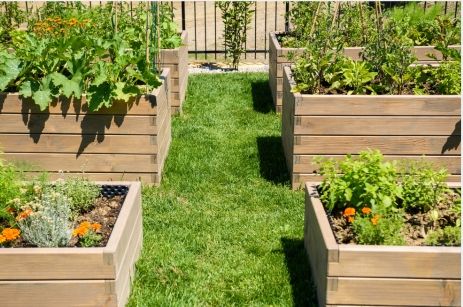6 Flowers to add to your Vegetable Beds
6 Flowers to add to your Vegetable Beds
The benefits of adding flowers to your vegetable beds are numerous.
They can help attract pollinators, deter pests, and give your food a beautiful pop of colour. Here are six flowers that will work well in this setting:
Calendula
Calendula is a member of the daisy family, and it’s another great plant for attracting pollinators to your garden.
Calendulas can also be used as a ground cover or in containers, making them an easy addition to any space. Plus, they’re easy to care for!
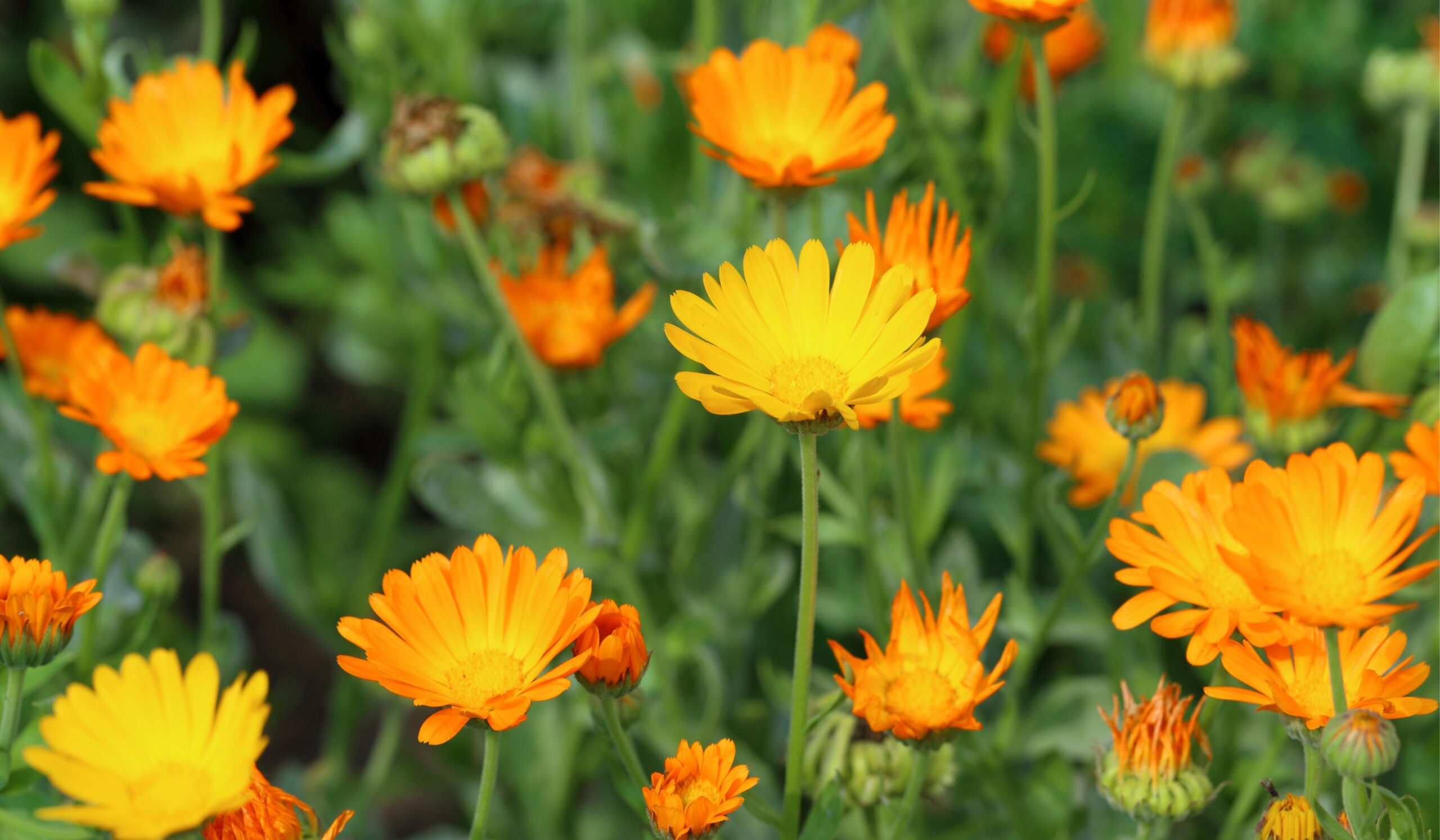
Lavender
Lavender is a perennial that requires very little attention. It will grow in the sun or shade, and once established, it will do well with only occasional watering.
Lavender also attracts bees and other pollinators to your garden, which benefits the production of fruits and vegetables.
You can use lavender as an edible herb by harvesting the leaves just before they bloom to make teas or infusions, or you can use them fresh in salads or sautés.
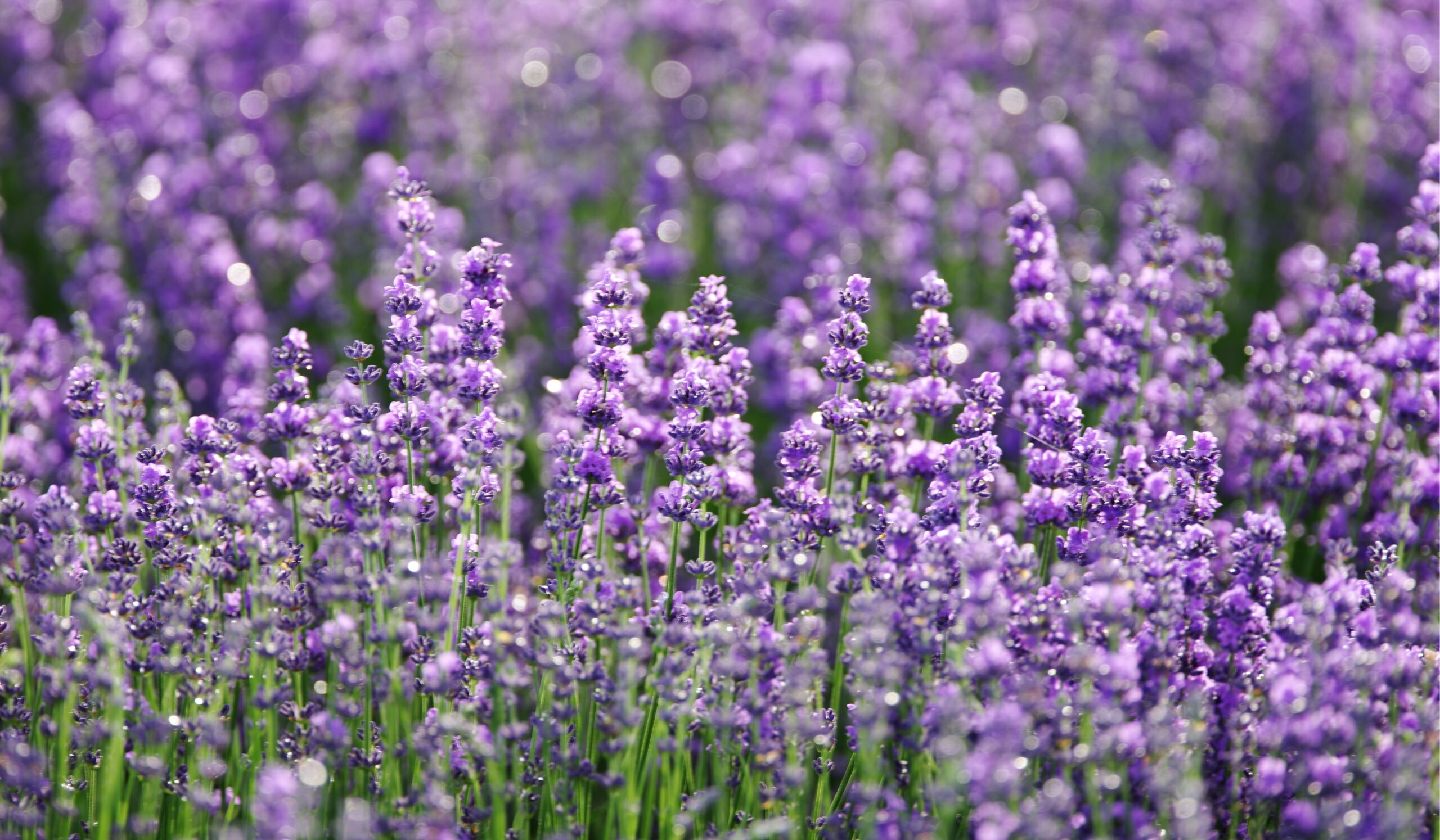
Zinnia
Zinnias are an excellent choice for your vegetable beds. These flowers thrive in both cool and warm climates and have been used as pollinator plants for years.
They also make great companion plants to other crops that require pollinators, like cucumbers and tomatoes.
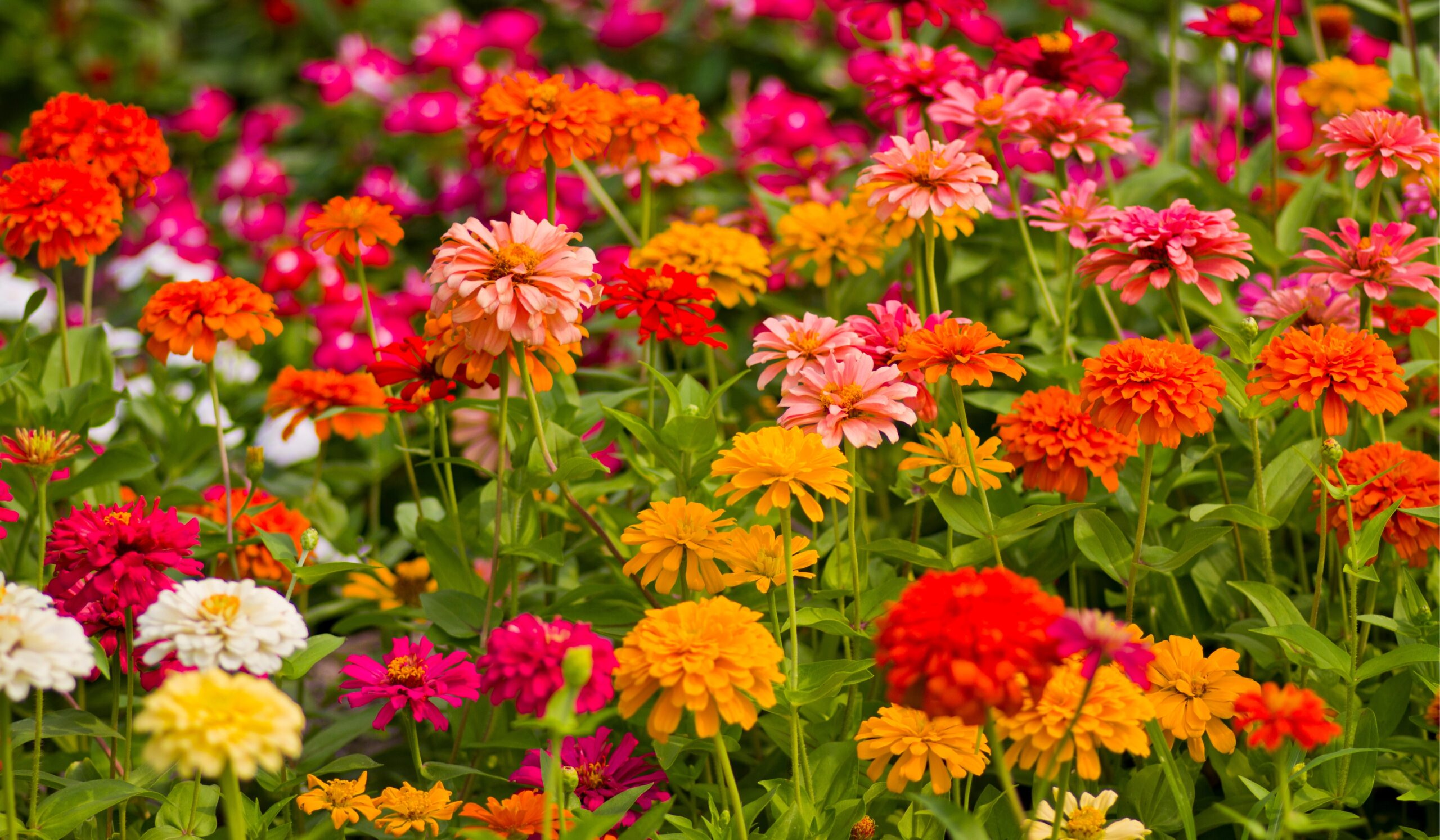
Cosmos
Cosmos is a great flower to add to your vegetable bed. These easy-to-grow annuals attract pollinators,, making them a good choice for most gardeners.
Cosmos are long-blooming and drought-tolerant, making them perfect flowers for late summer planting when many other plants have slowed down or stopped blooming altogether.
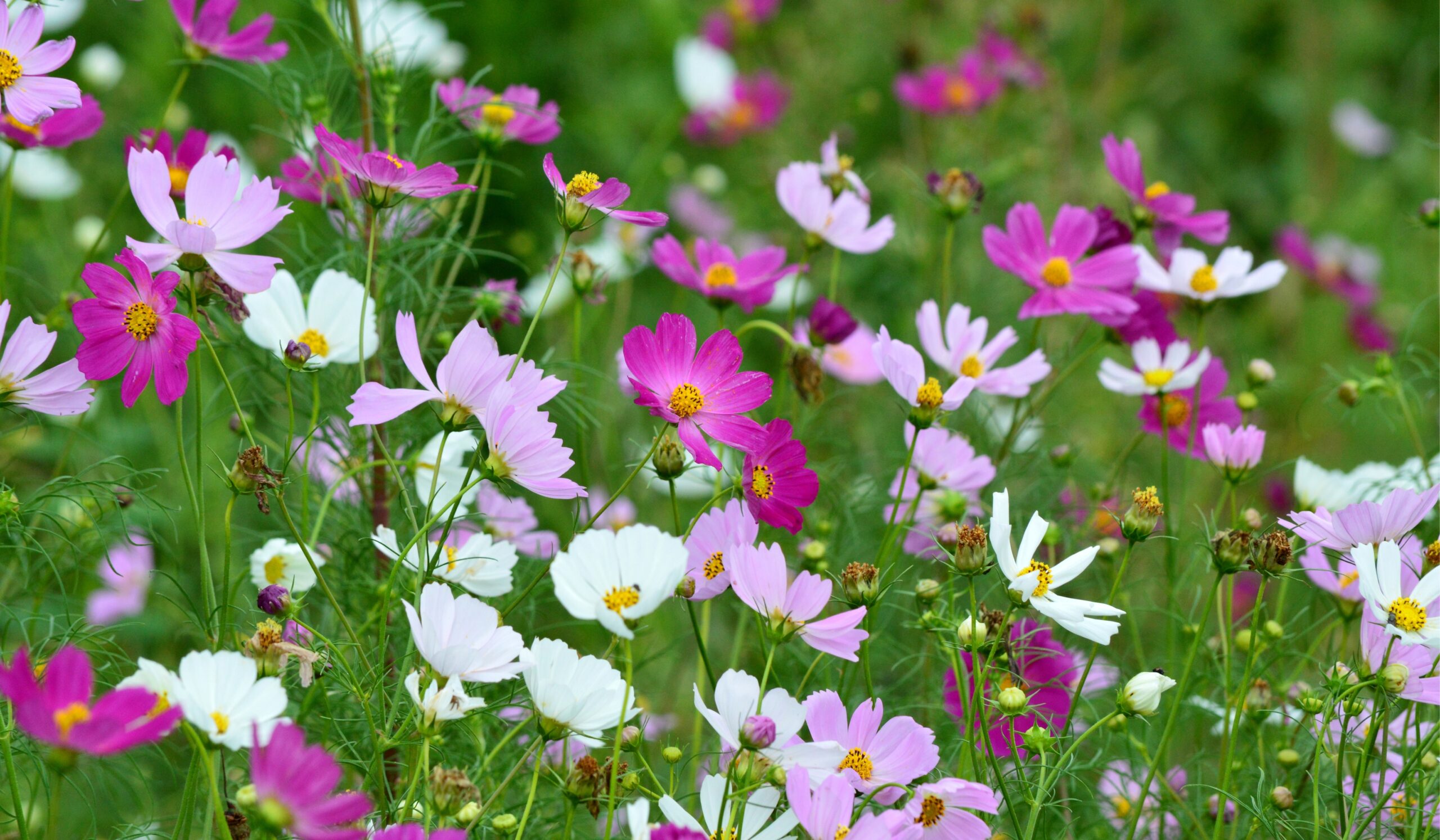
Nasturtium
This beautiful flower’s edible leaves and flowers are an excellent addition to salads, garnishes and even sauces.
Nasturtiums are easy to grow from seed, can withstand some shade and the seeds can be stored for up to three years!
Not only do they look pretty, but they also help keep pests away.
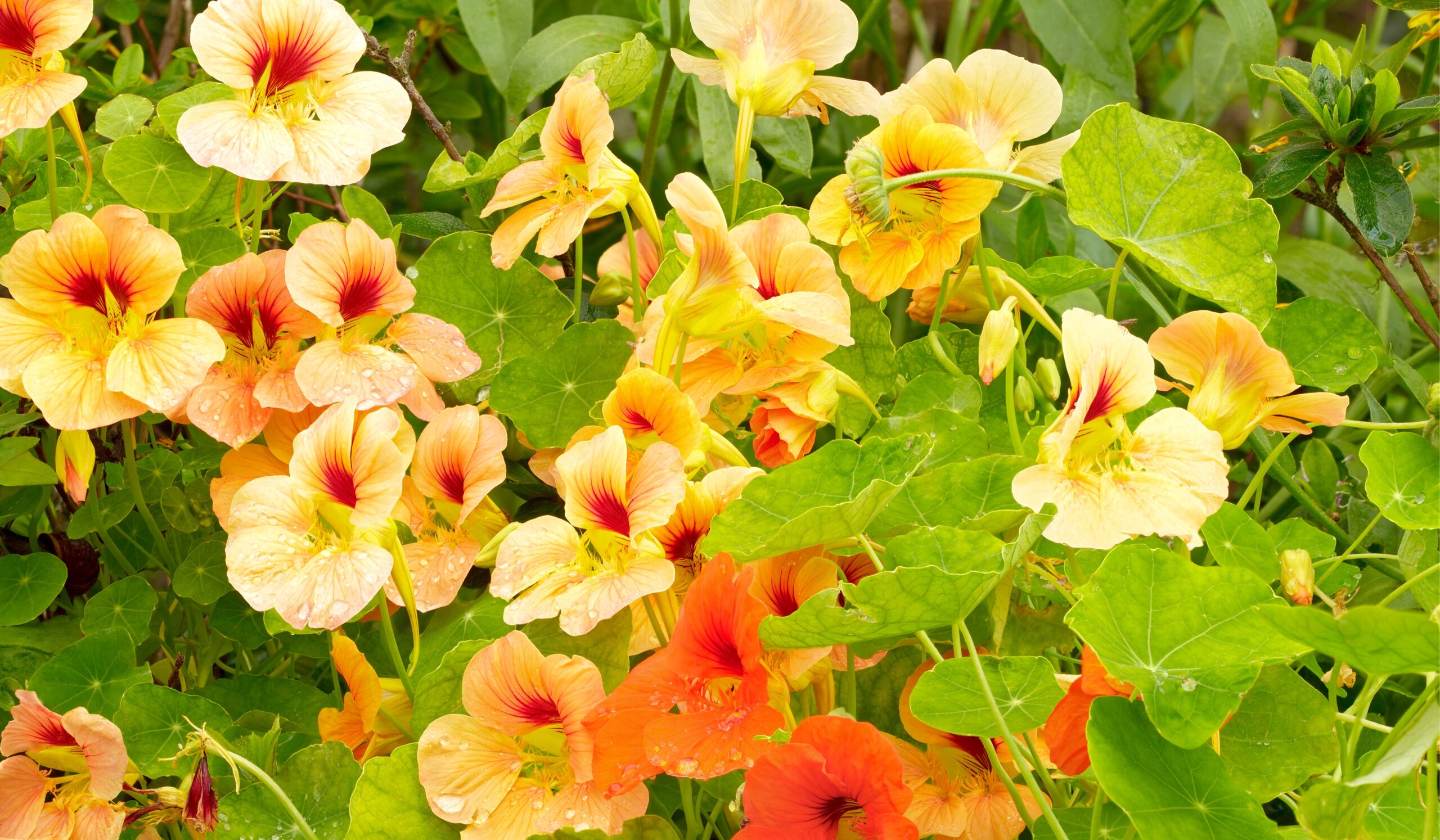
Marigold
Marigolds are a great addition to your vegetable garden. Not only do they provide a beautiful splash of colour and attract pollinators, but they also act as a natural pest repellent.
To take advantage of this useful plant, you should consider planting marigolds around the base of your fruit trees to keep pests such as mites and aphids away from them.
Additionally, if used in conjunction with other plants like peppers or potatoes, marigold petals can help prevent fungi from forming on those vegetables.
In fact, many people have found that adding marigold seeds directly into the soil just before planting their tomatoes has helped prevent blossom end rot, a common issue for tomato growers where fruits degrade at the blossom end due to lack of calcium or moisture deficiencies within the fruit itself, to allow for larger yields without any loss!
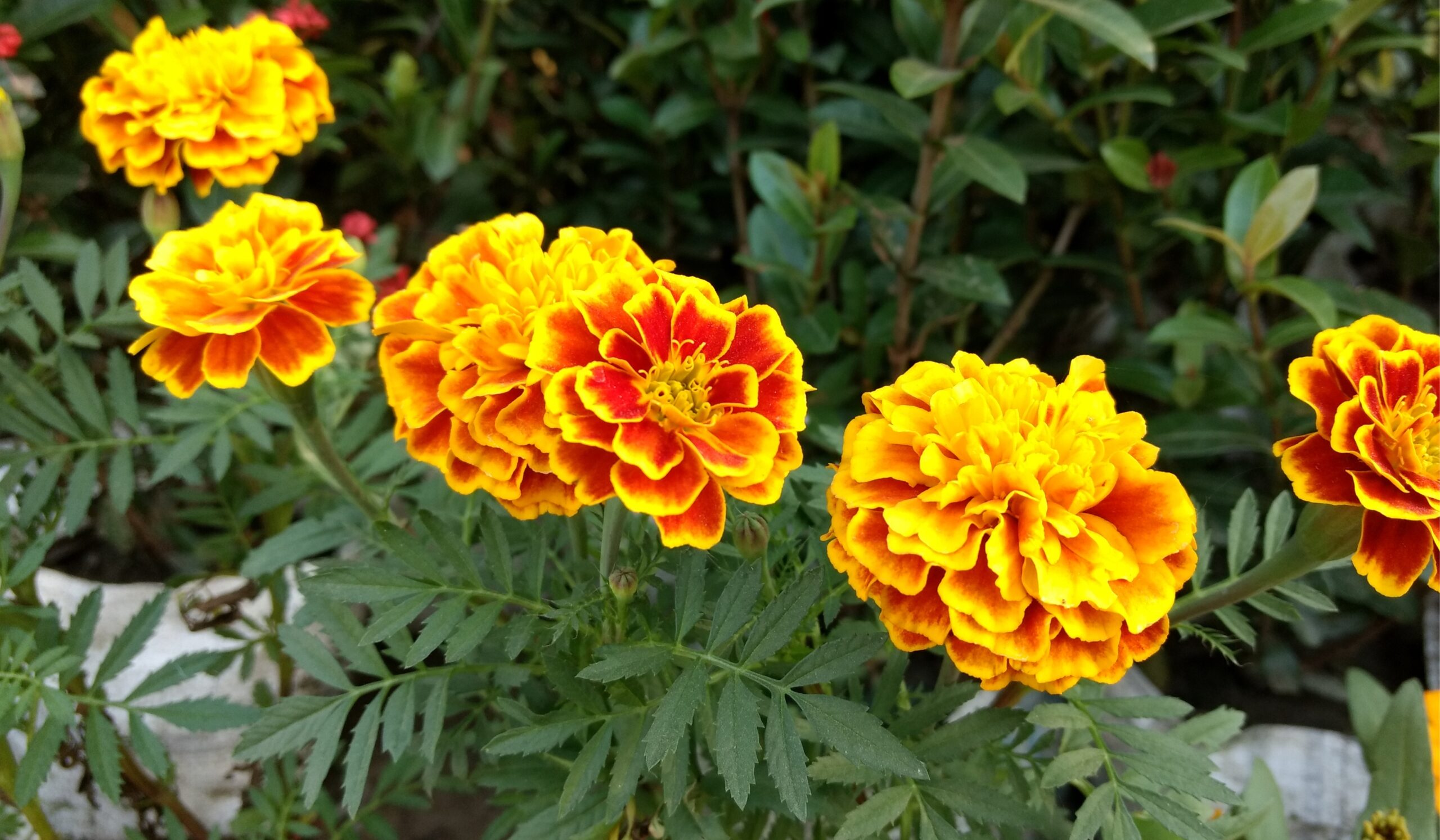
Adding flowers to your vegetable bed can attract pollinators and help fend off pests. Flowers also improve soil quality, add visual interest, and can be used to create a scent.
These are the perfect options if you’re looking to add some flowers to your vegetable garden. They are all easy to grow and will look beautiful while helping out your garden too!
What are you going to be putting into your new vegetable beds? Also, which flowers are you going to add this year?
If you’re looking to build raised beds or planters, and are in Lincolnshire and surrounding areas, please contact us at hello@lincs-landscaping.co.uk, 07498 852511 or via our contact form.
